Generally, in the animal kingdom, except in higher primates like apes, bamboos, etc., female animals have a particular period when they willingly allow mating with the males. This period is known as the heat period or estrus period.
What is Estrus or Heat?
In simple words, heat or estrus is a recurring period when a female animal is fertile and sexually ready to mate or be serviced. Servicing in animal husbandry is the act of mating between male and female animals.
Estrus is very important in animal breeding. This is because it is the period that reproductive physiology and endocrinology (hormone) of the female animal are ready for reproduction. The fact is, if heat doesn’t occur, there would be no pregnancy.
There are many reproductive physiological processes occurring in a female animal’s body. During the heat period, the Graafian follicles are ripe and the ovum (egg) is getting matured before it ruptures (ovulation). The heat period terminates with ovulation. Heat periods don’t last long in animals. Different animals have different estrus lengths and different estrous cycles.
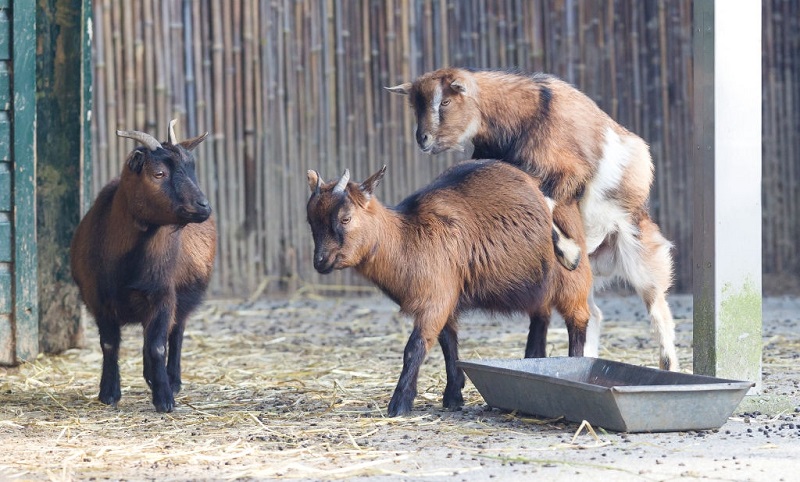
When a female animal is on heat, there are some observable signs that the animal shows. These signs are what a livestock farmer or breeder needs to use in determining if it is time to introduce a male to the female animal or inseminate her. There are uncommon occasions where a female animal doesn’t show any sign of heat, but fortunately, the male animal would detect the readiness of the female. So, that is why it is good to have teaser males among your animals. A teaser male is a male that is sexually sensitive but cannot impregnate because he is sterile and cannot produce sperms.
What are the Signs of Heat in Farm Animals?
To know if an animal if sexually receptive or fertile, the following signs would be detected:
- Restlessness and isolation: The animal becomes restless and sometimes also isolates itself from other animals
- Sexual excitements: The animal shows signs of sexual excitement
- Reduced or loss of appetite: The reaction of the animal to feed is reduced or totally lost.
- Increased body temperature: The animal develops unusual high body temperature
- Vaginnal discharge: There would be mucus discharge from the animal’s vullva.
- Mounting: An animal on heat usually mounts or rides other animals as shown on the sketched diagram above
- Frequent urination: The animal keeps urinating frequently and in very minute volumes
- Swollen and reddened vulva: The vulva swells and becomes reddened. This is very common in pigs
- Making of undue noise
- Licking of other animals’ body
A good farmer would watch out for the above signs if they plan to breed or inseminate any female animal. However, there is no need to look out for these signs if the herd is on a free-range system or an extensive system of management. It is simply because the male and female animals have access to one another, and there is no restriction of copulation among them.
If a livestock farmer has female animals that don’t show the signs of estrus or heat, such a farmer has to introduce teaser males to them in order to know when the female animals are ready to be serviced. The above signs are very visible in mammalian species like cattle, goats, sheep, pigs, horses, camels, and donkeys.
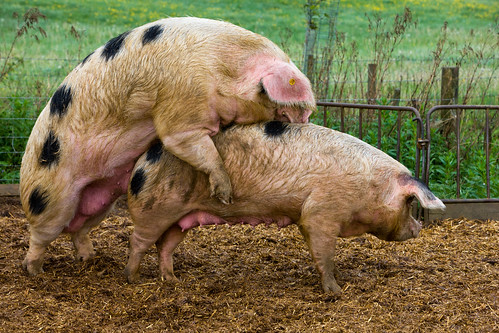
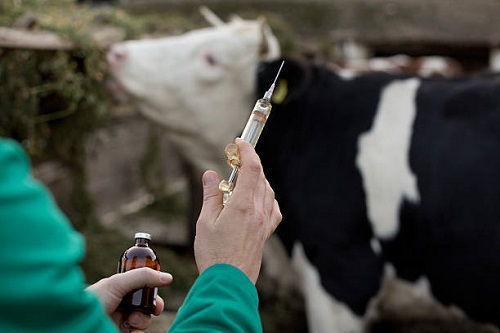
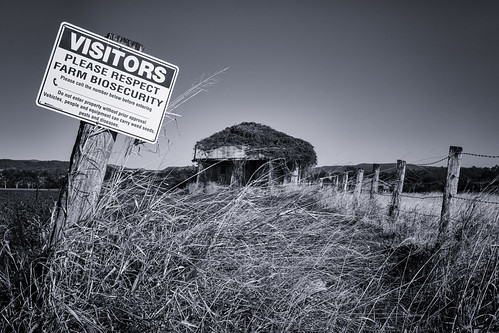
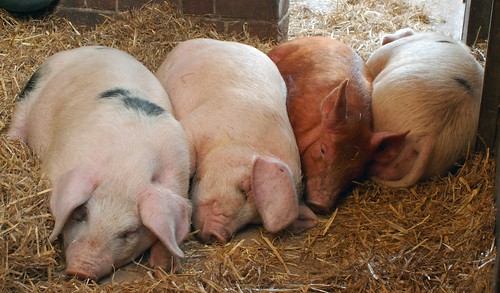
Comment:just explain heat detection method
I have explained the signs you will see when an animal is on heat. These would help you to decide if it’s time to introduce a male to such animal. Thanks to technology: there are devices that could be use to detect heat. I haven’t used any before, but I know such devices exist.
Thanks very much
Thanks very much